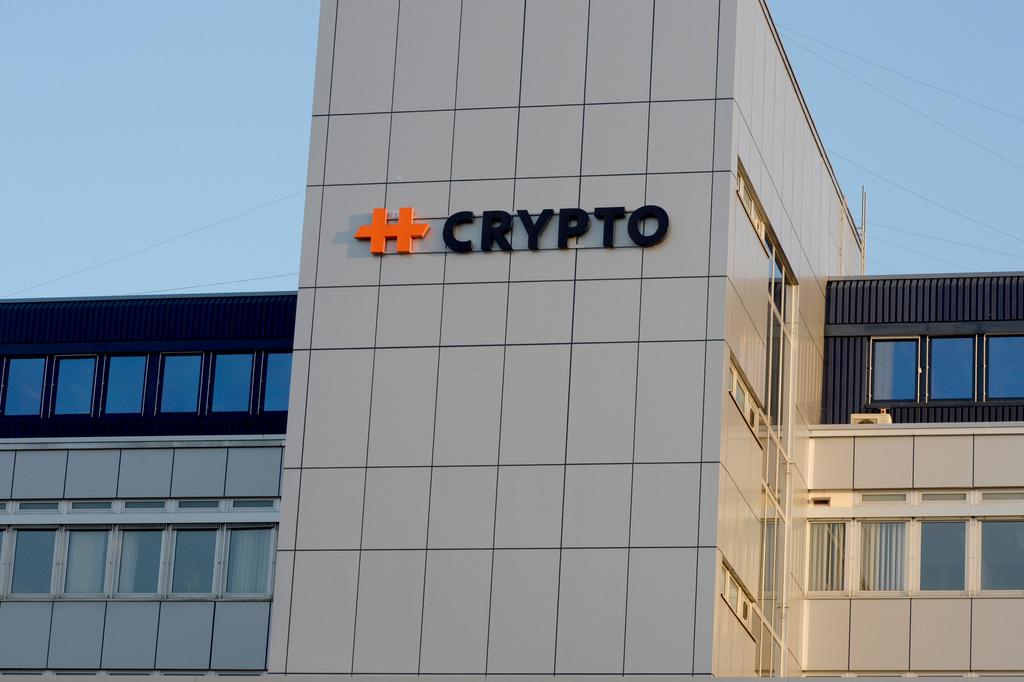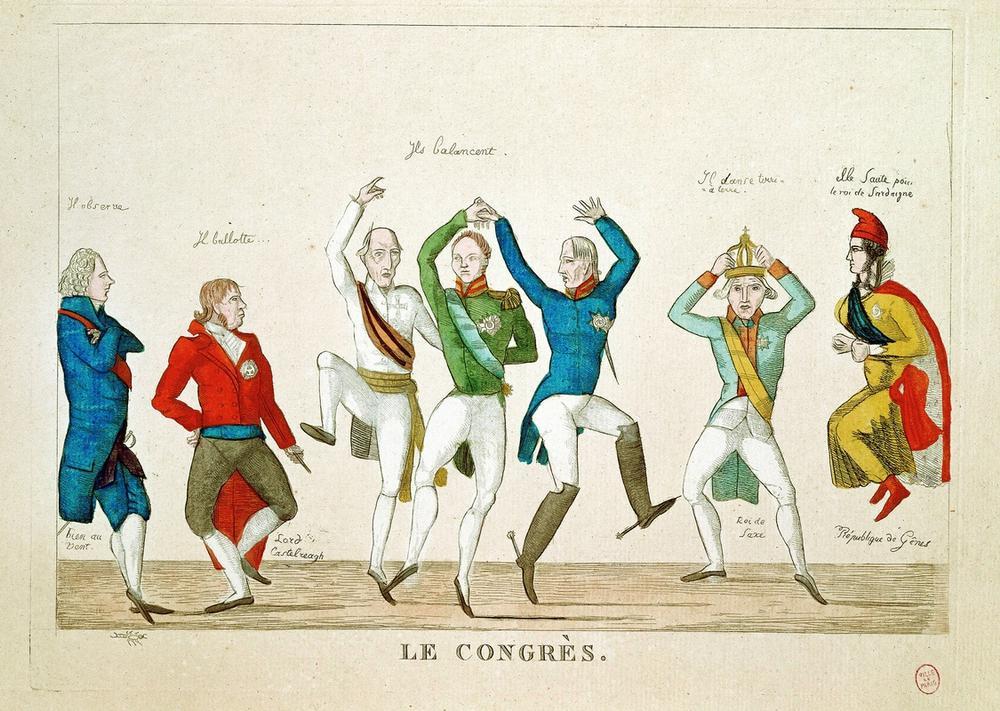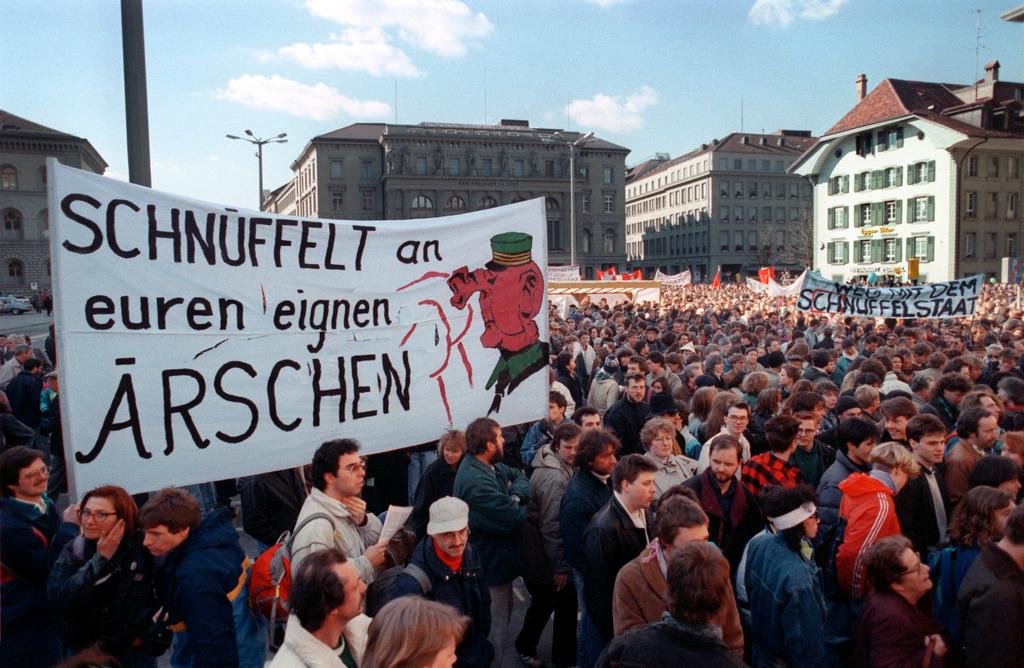Swiss cryptography firm helped NSA during Cold War

According to an analysis of declassified documents by the BBC, Zug-based company Crypto AG helped the US National Security Agency (NSA) during the Cold War. The firm told swissinfo.ch that it was unaware of this secret collaboration until recently.
The documents dating back to the Cold War were declassified in April and show that Crypto Ag helped the Americans and British by sharing information on code-breaking machines it sold to other countries.
Swedish engineer Boris Hagelin, the founder of Crypto AG, which relocated to Switzerland from Sweden in 1952, was viewed by the NSA as a valuable source of information on code-breaking machines. Documents show that the NSA was prepared to offer him financial incentives to reveal confidential information about machines he was selling to other clients in the 1950s.
However, a friendship forged with NSA’s chief cryptologist William Friedman during the Second World War apparently proved more effective in convincing Hagelin to share confidential company information with American as well as British intelligence.
Instructions for Friedman dated July 22, 1954 clearly show that he was to try and glean information from Hagelin:
As part of the “gentleman’s agreement” with Friedman, Hagelin kept the NSA up-to-date with the latest developments concerning his code-breaking machines. He also revealed what machines were sold to which countries, giving the US and UK an edge in decoding secret communications.
Another way in which Hagelin helped the NSA was by keeping certain countries in the dark about the latest machines his company made. Instead, the countries were sold less advanced models that often could not be customized, making their communications more vulnerable than they should have been. Clients listed by Hagelin included Egypt, Iraq, Saudi Arabia, Syria, Pakistan, India, Jordan and others.
Both the NSA and the UK Government Communication Headquarters (GCHQ) refused the BBC’s request to comment on the specific details revealed by the declassified documents. Crypto AG, which is still active in information security today, also refused to comment on the nature of the exchanges between Hagelin and Friedman.
“As we also are learning for the first time from the documents released, there was a lively private dialogue between the two on a variety of personal and professional themes,” said a company statement. “Sixty years later, we refrain from commenting on the associated conclusions”.

In compliance with the JTI standards
More: SWI swissinfo.ch certified by the Journalism Trust Initiative



You can find an overview of ongoing debates with our journalists here. Please join us!
If you want to start a conversation about a topic raised in this article or want to report factual errors, email us at english@swissinfo.ch.